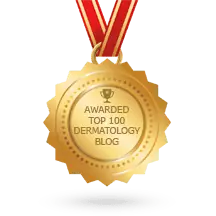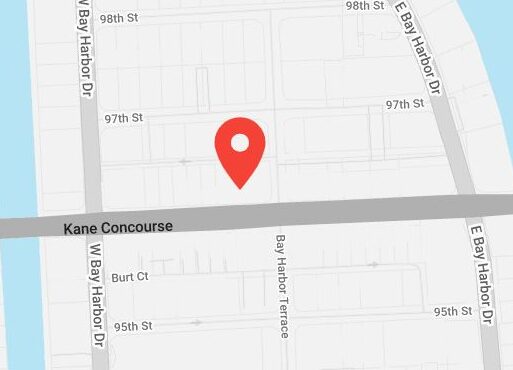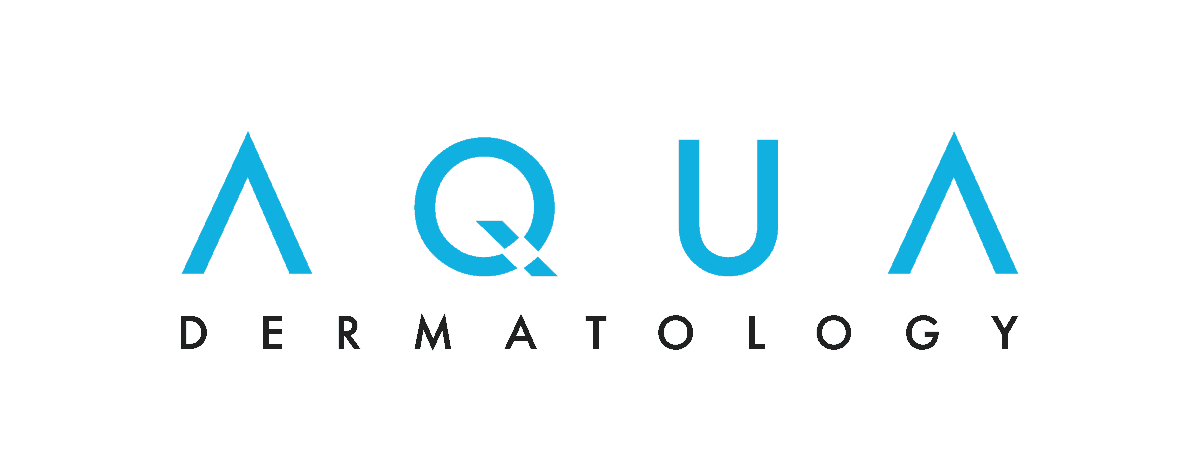 The skin is the largest organ in the body, and we all know that there are so many different factors that go into its health and beauty. However, there are also some factors you may not have considered in the fight to keep your skin looking great over the years: air pollution. Pollution is unarguably a negative phenomenon that can affect many different aspects of overall health, but it can also have profound impact on the well-being of the skin, and scientists are only now beginning to explore the issue and dig into what pollution can do to this important organ.
The skin is the largest organ in the body, and we all know that there are so many different factors that go into its health and beauty. However, there are also some factors you may not have considered in the fight to keep your skin looking great over the years: air pollution. Pollution is unarguably a negative phenomenon that can affect many different aspects of overall health, but it can also have profound impact on the well-being of the skin, and scientists are only now beginning to explore the issue and dig into what pollution can do to this important organ.
Aging & New Pollution Studies
Olay and other companies are looking into the impact pollution has on the skin, with ozone and fine particulates emerging as the major causes of pollution-related skin damage. Initial research suggests that pollution can contribute to skin dehydration, pigmentation issues, premature aging, and inflammation. The Olay study followed 200 women and found that those living in areas with high pollution, such as the city, had more skin dehydration, and their skin was not as able to protect itself against the pollutants.
“The Next UV”?
We all know by now that UV (ultraviolet) rays are dangerous, causing both skin cancer and premature aging. Research into UVs resulted in the sunscreen revolution and the condemnation of tanning, and as a result, using sun protection products is now an essential part of keeping skin healthy and youthful. With these new findings into the effects of pollution on the skin, an industry executive told the Wall Street Journal that “We believe that pollution is the next UV.” In a nutshell, this means that as research into the issue continues, protecting the skin from pollution might be the next big thing in skincare.
Worth Pursuing?
Companies like Olay are already taking advantage of their research and producing products designed to help offset the effects of pollution. Currently, there are anti-pollution moisturizers and sunscreens on the market, as well as a skin powder and a serum. These products, though they claim to help protect against pollution, have very little research to back up their claims, and these claims are fairly vague. By keeping these claims vague, companies can continue marketing the products as cosmetics, and bypass the need for FDA approval. As it stands now, there doesn’t seem to be much point in purchasing expensive anti-pollution products, but that might change as time goes on and more research goes into the subject.
Protecting Your Skin
For now, the best thing to do is to protect your skin as best you can, especially if you live in the city or another heavily polluted area. Keep the skin clean, but do not over-wash, as this can strip the skin of its natural protective barriers. Common sense skin care, including the regular use of sunscreen and moisturizers can help offset the damage pollution can do to the skin. Because the research on the subject is so new and incomplete, there are not any specific strategies or proven products, so you will just need to do what you can with the tools you have. In addition to the steps you take at home, it is a good idea to consider visiting a dermatologist.
Talk to a Dermatologist
Everyone can benefit from developing a relationship with a board certified dermatologist, especially people who live in urban areas and hot climates, as skin can take a beating in these kinds of environments. A dermatologist can help you customize a skincare plan as well as provide screenings for serious skin conditions and treatments for problems such as acne. A cosmetic dermatologist in particular is a good resource for those concerned with premature aging and the beauty of the skin. Most cosmetic dermatologists provide traditional, high quality dermatological services, along with the latest in skin rejuvenation techniques.
If you are ready to start seriously considering your skin, then it may be time to meet with a dermatologist like Dr. Diane Walder of Miami. Dr. Walder is an authority on skincare, skin cancer, and rejuvenation, and has helped many patients unlock their skin’s potential with a variety of treatments. If you would like to schedule an appointment with Dr. Walder or her colleagues, call (305-866-2177) today.



